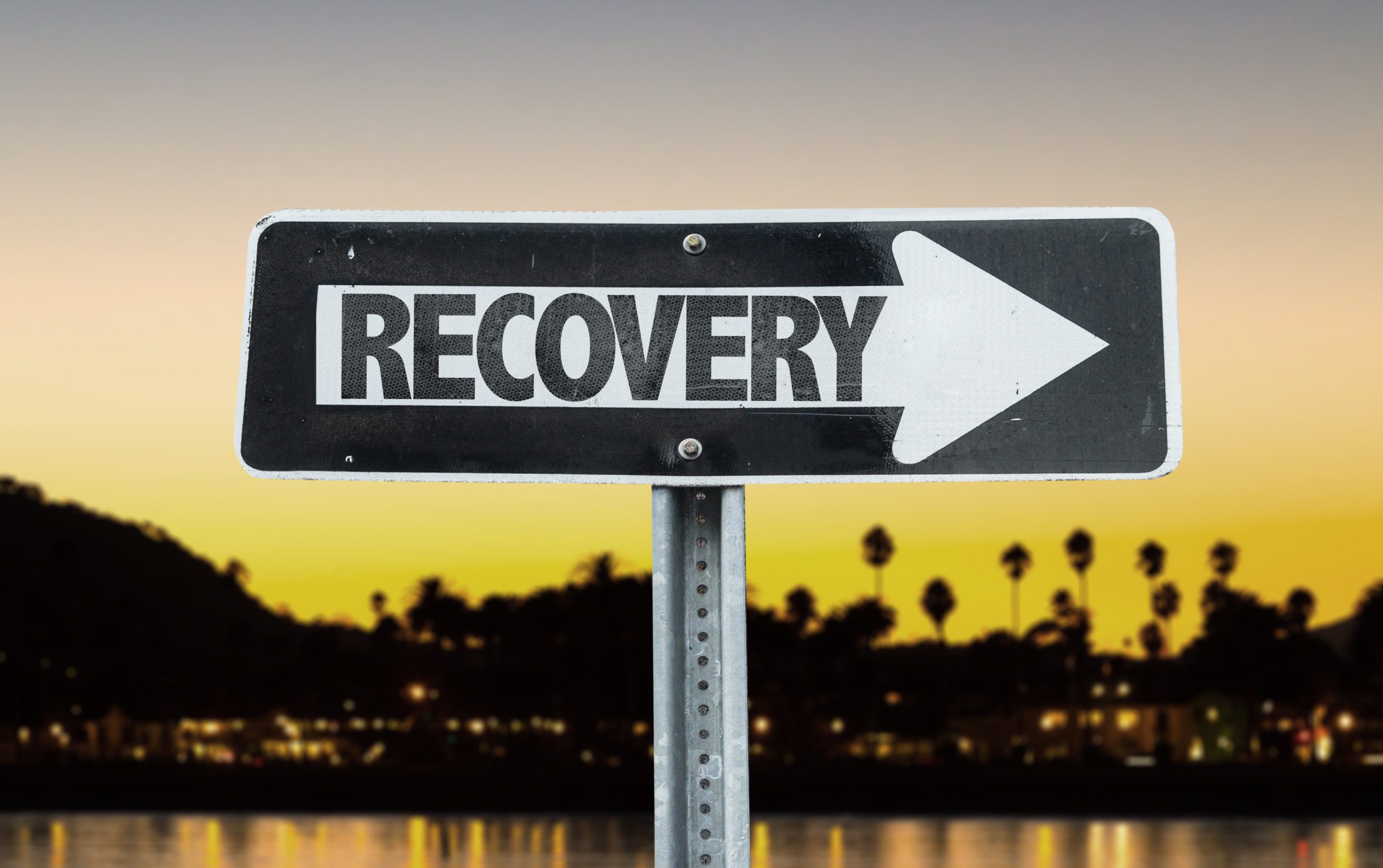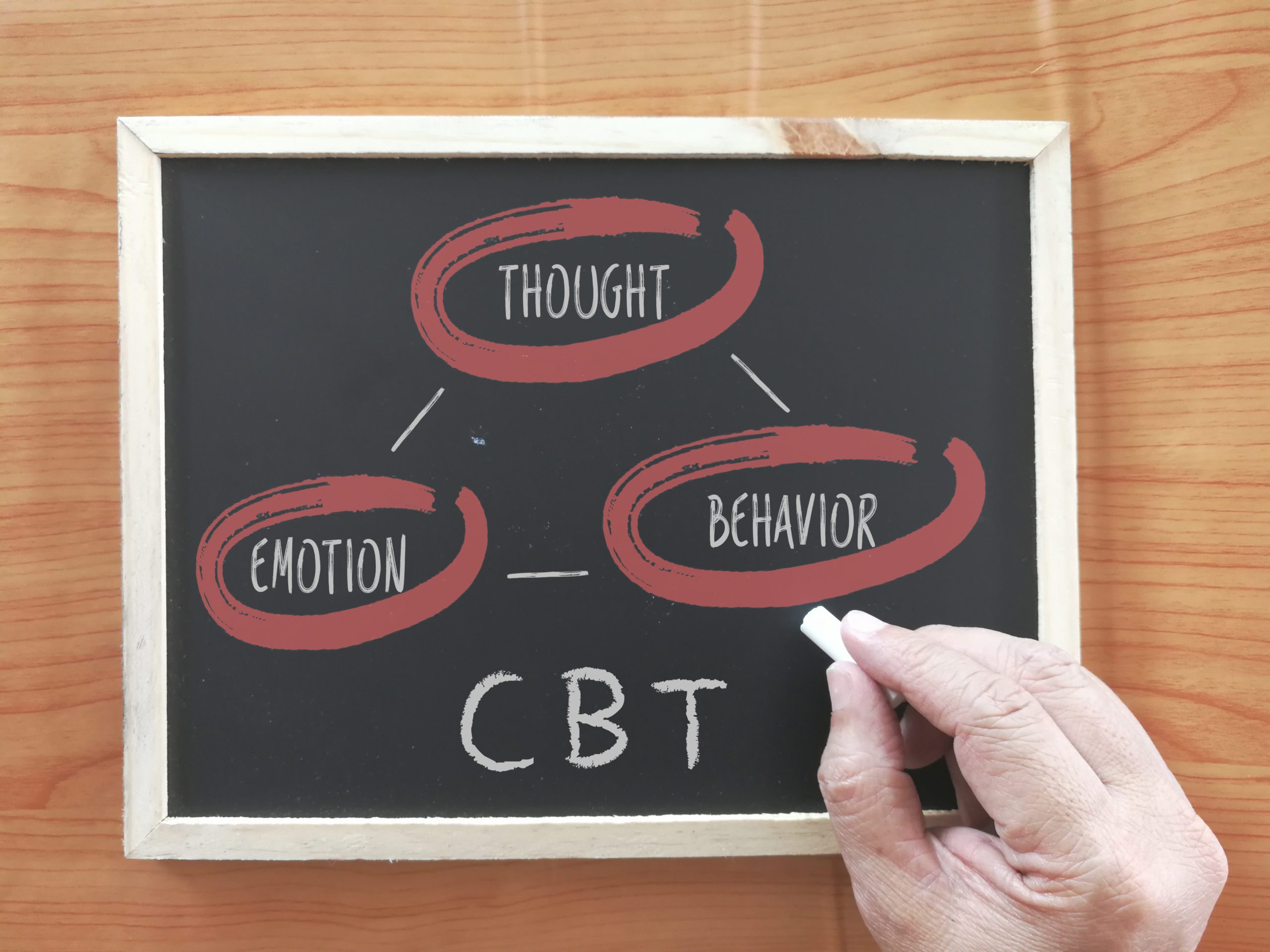Alcohol is among the most widely accepted addictions you can find in the United States, it’s just utterly normalized.
For some, it remains an occasional, but controllable, habit. One that they can quit or cut back on without much effort or stress.
We can call those the fortunate ones.
For others, like with drug addiction, there’s a line that gets crossed where alcohol takes control and dictates what happens each day. It’s known as an alcohol use disorder (AUD) and it affected 14.1 million adults over the age of 18 in 2019 according to the National Institute on Alcohol Abuse and Alcoholism (NIAAA).
AUD exists on something of a spectrum or continuum from mild to moderate to severe and the more severe the case of alcoholism the more dangerous it becomes, particularly in relation to detoxing.
What Are Alcohol Detox Centers in California?
Alcohol detox centers in California are exactly what they sound like; specialized facilities where you can detox from alcohol under the counseling and supervision of trained medical professionals.
Detox is truly the very first step on the road to recovery. Addiction to anything, be it alcohol or drugs, is both physical and mental but to be able to work on the mental side you first need to break the physical addiction.
That’s what detox is all about.
At an alcohol detox facility you’ll be guided safely through the process of ridding your body of toxins. In some cases, for more severe addictions, it’s possible to take medication to assist with the detox process. Utilizing medications can lessen the cravings and help to alleviate, mitigate and take the edge of the harsher withdrawal symptoms.
Medications like naltrexone, an FDA-approved option that can be incorporated into the treatment itself after detox, reduce cravings and help with maintaining sobriety.
Why You Shouldn’t Detox from Alcohol Alone
If your addiction is on the serious side and your body is essentially fully dependent on alcohol to function, detoxing on your own can be particularly dangerous. That danger is compounded dramatically if you attempt to quit cold turkey and basically yank the rug from under your body.
Moreover, with intense and prolonged alcoholism you also run the risk of encountering a severe form of withdrawal known as delirium tremens or DTs. DTs are marked by “profound confusion, autonomic hyperactivity and cardiovascular collapse” which can ultimately be fatal.
While only 3% to 5% of those with severe alcohol go through this, the mortality rate is over 35%.
Even if your alcohol use disorder is milder though, going it alone represents an uphill battle.
Withdrawal is never easy or pleasant, no matter the level or degree of your alcohol use disorder. If you’re alone, that discomfort can grow unbearable to where it can feel like the only solution is just downing some drinks to quiet the storm brewing inside.
Critically, being by yourself through this process means you also lack a proper support system or network of people to lean on. Something that goes a long way when working through withdrawal symptoms.
And, of course, detox isn’t treatment and it isn’t recovery. You can be fooled into thinking that getting the alcohol out of your system means you’re good to go but the underlying causes of your alcoholism remain untouched which means a quick relapse is more than likely.
What to Do After You Go to an Alcohol Detox Center
After detoxing in a dedicated facility staffed with medical professionals, it’s time to take the next big step on the road to sustained sobriety: rehab.
Fortunately, treatment for alcoholism is something we focus on at Valley Recovery Center at Agua Dulce and it’s something you can transition to straight from our detox program. Reach out to us today to learn more about our detox program and how we can help you achieve lifelong sobriety.












